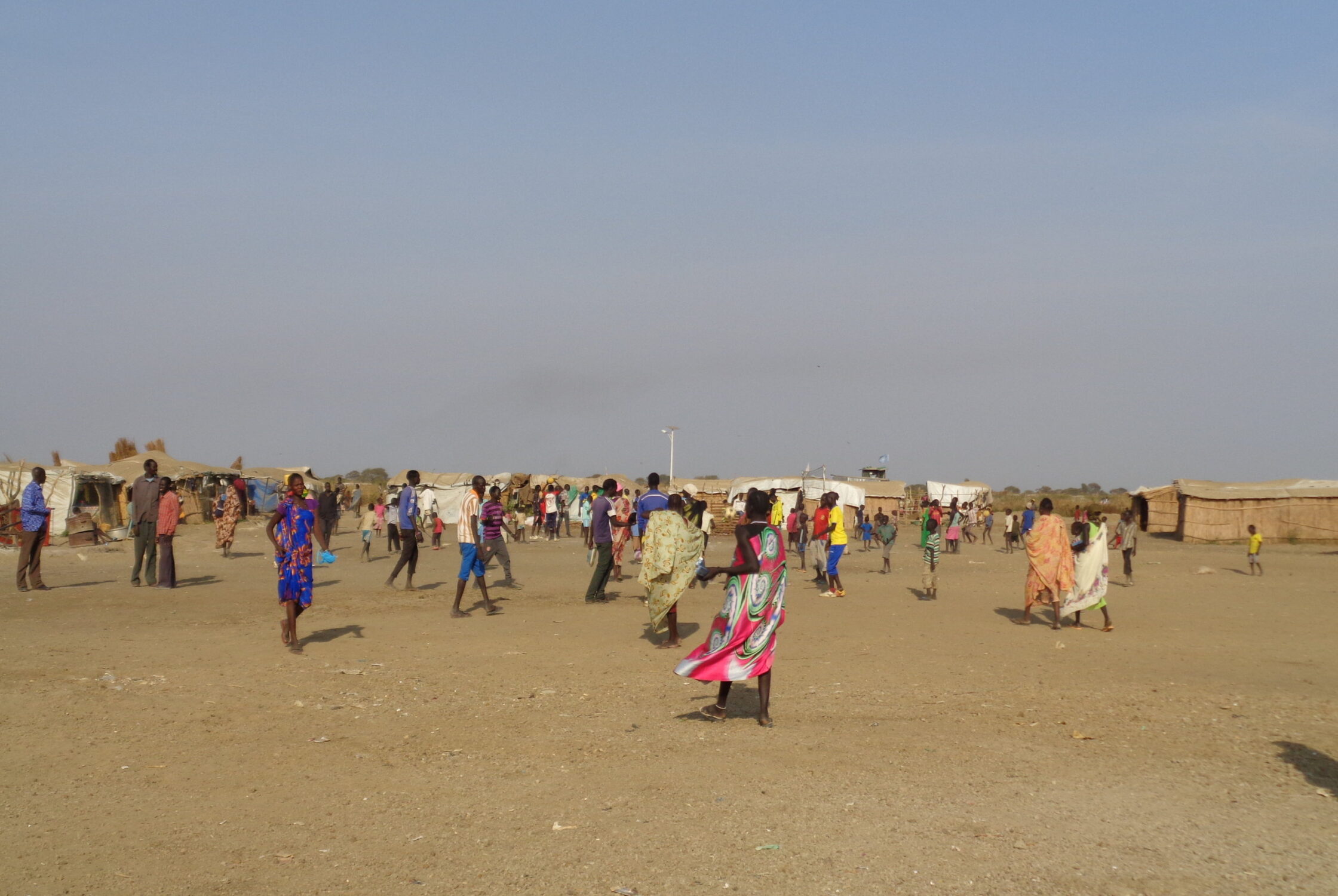Defiant South Sudan Puts UN’s Credibility on the Line

Refugees International condemns South Sudan’s announcement on January 11 that it will reject a regional protection force mandated by the United Nations Security Council. The South Sudanese government has shown itself both unwilling to and incapable of protecting its citizens, necessitating a robust response by the international community. Yet time and again, South Sudan’s leaders have defied the will of the Security Council, and the divided Council has failed to hold the government to account. It is now past time for the Council to work its will and impose appropriate measures on South Sudan’s leaders.
Time and again, South Sudan’s leaders have defied the will of the Security Council, and the divided Council has failed to hold the government to account. It is now past time for the Council to work its will and impose appropriate measures on South Sudan’s leaders.
For more than three years, South Sudan has been mired in a vicious civil war – a war that has killed untold tens of thousands and forced more than three million civilians from their homes. Violence and criminality continue to this day, including in the capital Juba, where nearly 40,000 people are sheltering in bases controlled by the UN Mission in South Sudan (UNMISS).
On August 12, 2016, after violence between pro-government and opposition troops paralyzed Juba, the Security Council agreed to establish a so-called “regional protection force” within UNMISS that would bolster the mission’s capacity to protect itself and civilians. It also agreed to consider “appropriate measures,” including an arms embargo, if South Sudanese authorities refused to accept the force. Since then, the South Sudanese government’s response has been contradictory, bordering on duplicitous: it has at various times accepted the force, accepted it with conditions, and outright rejected it. The Council, meanwhile, has failed to impose the penalties it promised – most shamefully on December 23, when an arms embargo resolution failed to garner the necessary nine votes. Now, South Sudan’s leaders are taking advantage of the Council’s weakness.
South Sudan’s refusal to accept the UN’s regional protection force is deeply troubling and counter-productive, and it utterly fails the thousands of South Sudanese citizens whose lives are at risk. The UN Security Council must end this ongoing defiance of its resolutions: its pronouncements on South Sudan, Burundi, and other crises will be empty if they are not backed by action. The Council should therefore reconvene and adopt punitive measures on South Sudan’s leaders – including an arms embargo – without delay.